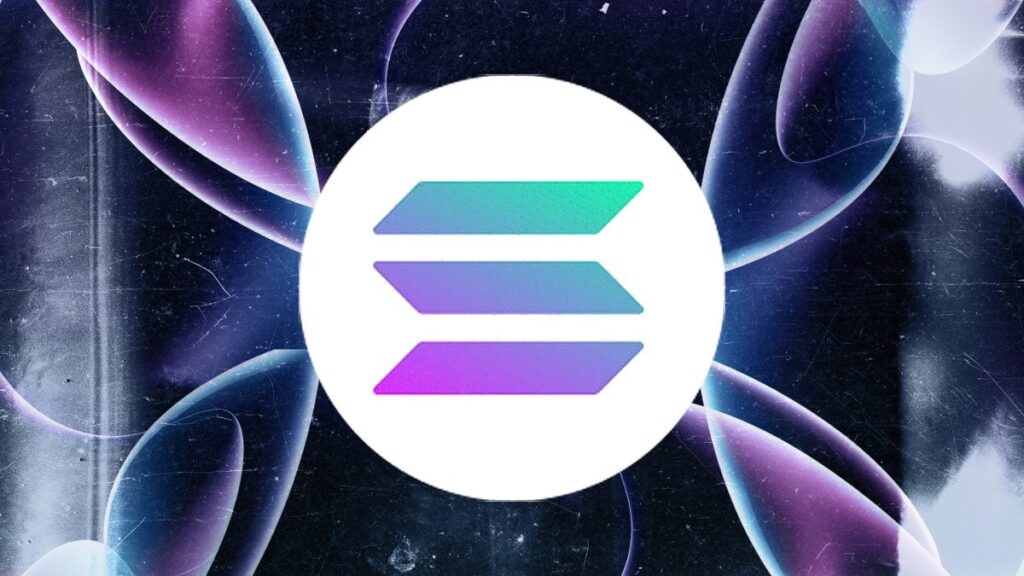Light Protocol and Helius Labs Unveil ‘ZK Compression’ to Scale Solana Apps

QUICK TAKE:
- Light Protocol and Helius Labs introduce “ZK Compression” to enhance scalability for Solana applications.
- ZK Compression leverages state compression to store data in Solana’s more cost-effective ledger space.
- This technology promises significant cost reductions for developers on the Solana network.
Light Protocol and Helius Labs, both prominent developers on the Solana blockchain, have launched a groundbreaking technology called “ZK Compression.” This innovation aims to significantly improve the scalability of applications on the Solana network by utilizing state compression techniques.
What is ZK Compression?
ZK Compression is designed to optimize data storage on the Solana blockchain. Traditional methods involve storing data in Solana’s more expensive account space. However, ZK Compression shifts this data to the cheaper ledger space, providing a cost-effective alternative. The process uses a mechanism known as state compression, where a “hash” or fingerprint of off-chain data is stored on-chain for verification purposes through “sparse state trees.”
Cost Efficiency
One of the most compelling aspects of ZK Compression is its potential for cost savings. According to Light Protocol, developers can store 100 compressed token accounts for approximately 0.000004 SOL, compared to the typical cost of around 0.2 SOL, representing a 5000x reduction in price. Similarly, a compressed PDA account can be up to 160 times cheaper. This efficiency is achieved by employing small zero-knowledge proofs (validity proofs) to ensure the integrity of the compressed state.
For instance, conducting an airdrop to 1,000,000 users would typically cost over $260,000 for state alone. With ZK Compression, this cost drops dramatically to just $50, marking a 5,200x reduction. Helius Labs founder Mert Mumtaz highlighted this breakthrough on social media, emphasizing the transformative potential of this technology.
Community Reactions
The introduction of ZK Compression has stirred diverse reactions within the crypto community. Some members, particularly from the Ethereum ecosystem, have voiced their critiques. ZKsync founder Alex Gluchowski commented on social media, suggesting that this development challenges Solana’s monolithic approach.
He contrasted it with ZKsync’s ongoing efforts to build a composable zero-knowledge future for Ethereum, hinting at a significant reveal soon.Ethereum investor Ryan Berckmans also criticized the new technology, arguing that it essentially functions as a Layer 2 (L2) network. Berckmans labeled the announcement as “unethical BS” for not characterizing it as such, asserting that L2s are a proven successful model.
In response, Solana co-founder Anatoly Yakovenko clarified that while ZK Compression shares some similarities with L2 solutions, it operates without many of the typical L2 requirements. Yakovenko emphasized that it does not need a security council multisig, users do not need to switch chain IDs, it does not require a governance token, and it does not depend on an external sequencer. Moreover, Solana validators still receive all transaction fees, making it a unique solution that addresses common complaints about L2s.
Impact on the Solana Ecosystem
The introduction of ZK Compression is poised to have a significant impact on the Solana ecosystem. By drastically reducing the costs associated with data storage, it enables developers to deploy more complex and data-intensive applications without prohibitive expenses. This could lead to a surge in innovative projects and broader adoption of the Solana network.
Furthermore, ZK Compression aligns with Solana’s overall strategy to enhance scalability and efficiency. As blockchain networks grow and evolve, addressing scalability challenges becomes increasingly crucial. Technologies like ZK Compression play a vital role in ensuring that networks can handle higher volumes of transactions and data without compromising performance or affordability.



